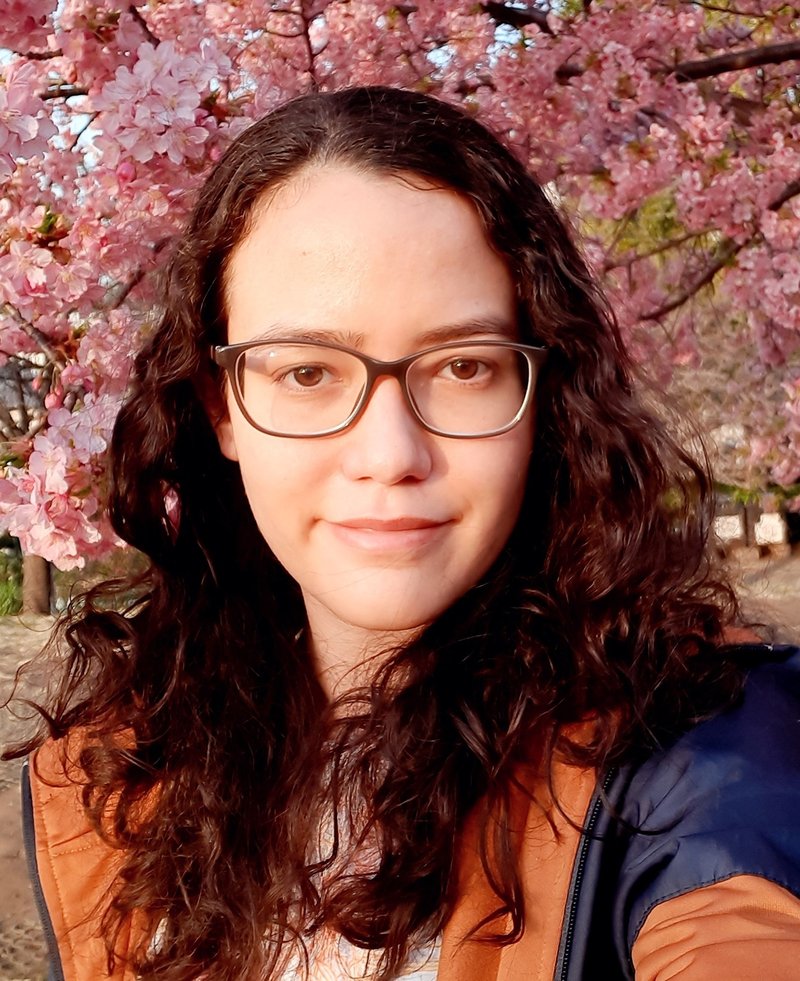Nicolle Bittencourt

In 2022, 41 contemporary art curators, researchers, and museum directors from 24 different countries were awarded to attend the CIMAM 2022 Annual Conference. The CIMAM 2022 Annual Conference, titled "The Attentive Museum. Permeable Practices for a Common Ground", was held in Mallorca (Balearic Islands), Spain on 11–13 November, hosted by Es Baluard Museu d'Art Contemporani de Palma.
Nicolle Bittencourt's Conference Report
First, I want to express my gratitude to the Byucksan Cultural Foundation for their support that allowed me to join CIMAM Annual Conference and to CIMAM itself for the opportunity. As a travel grantee, I think it is important to say how well-organized the whole experience was. From start to finish, the CIMAM team was always ready. I had my plane ticket, hotel reservation, and contacts months before the travel. The travel experience happened smoothly and without problems. The hotel was clean and well-located, with gentle staff kind enough to answer every question I had.
About the Conference specifically, I can say that it is one of the most unique experiences I have had in my life. During the three days, I met different people and institutions from all around the world. The second day was the one that got me thinking and reading my notes over and over again. Starting with the theme Unlocking History and New Narratives and
the chosen space, Casa Esment, which combines sustainability, culture, and education.
Not only that, but the perspectives, keynotes, and workshop were fascinating.
One quote from Clémentine Deliss that I still record very clearly is: “To enter a museum, no exam is needed.”; which combines with the theme for that day. It is not unusual to hear from people that they don’t belong in a museum, that it isn’t within their reach, or is not for them. In one of my previous research projects, I had worked directly with the audience of an Art Museum, and that sentence resonated with that experience. We can
plan and do the most beautiful, engaging, and technological exhibition, but it does not make sense without the people reclaiming that space as theirs. Clémentine spoke about the challenge of the covid space-time and the museum as an empty space and the relevance and urgency for decolonized development.
Also, the other speaker that resonated most with my experience was Sethembile Msezane from Cape Town. She spoke about living memory and culture, specifically about Umamkhulu and the theory of the Elder Woman, carrying the knowledge of her people with her and being responsible for passing this knowledge to the other generations.
Connecting knowledge that cannot be isolated and how this type of person is a living library. The speaker invited us to revisit the museum, collections, and the visiting experience. How sometimes, the ambiance of an art piece or installation can be lost, questioning what is the most important inside that space. It also invites us to reflect on how to put memory carried by songs and stories without dehumanizing humans and the living experience. The workshop on the second day was also exciting; being in a small group allowed us to discuss the perspectives presented in the previous sessions even deeper. As a researcher, being able to participate in the CIMAM Annual Conference, exchanging knowledge, and sharing experiences felt refreshing. Every day I was presented with new ideas or new perspectives on the role of art, museums, and galleries with today’s challenges. I have met different generations of museum professionals, artists, and curators. The Conference gave us many different experiences, not only through the presentations but also by offering visits to sites, galleries, and museums inside Palma de Mallorca. It changed the way I saw myself professionally and how I want to proceed as a museum researcher, and I hope to be able to join the next ones.